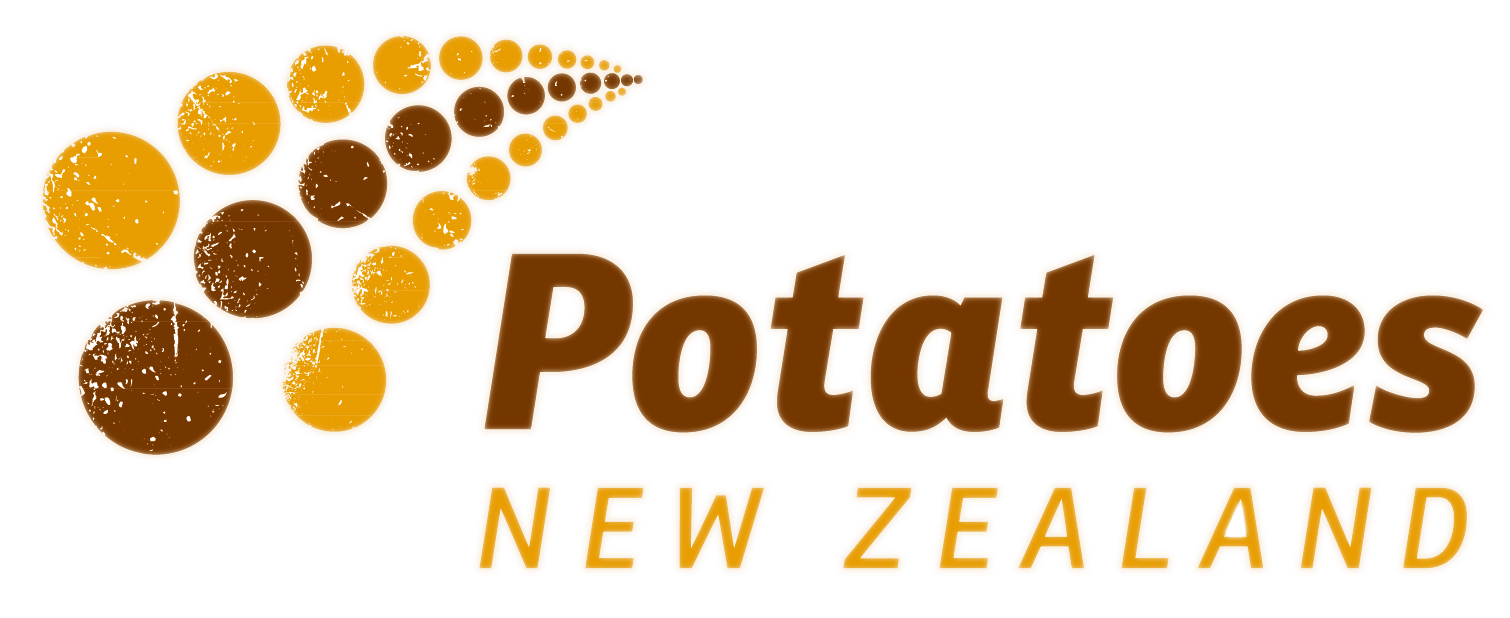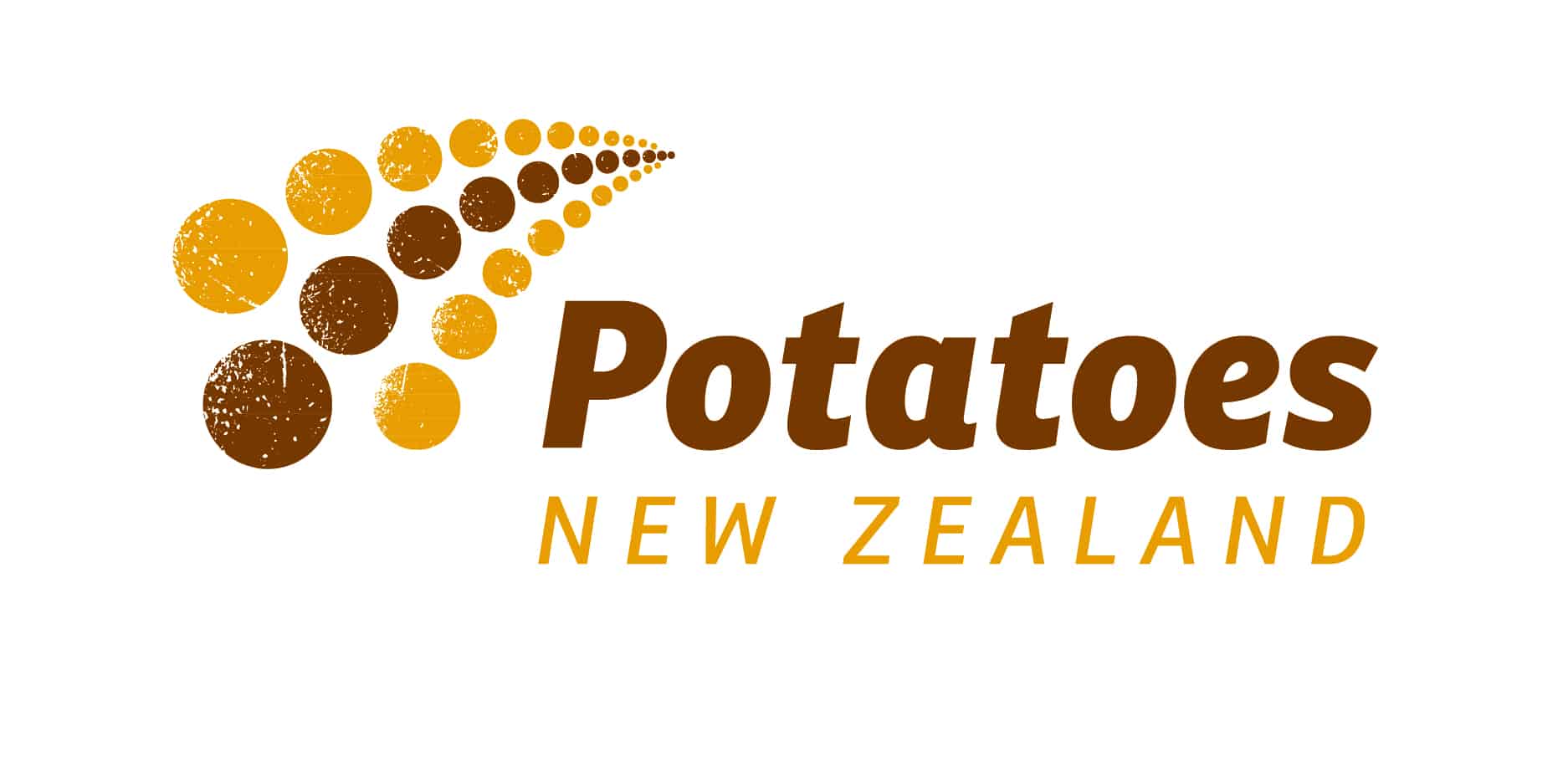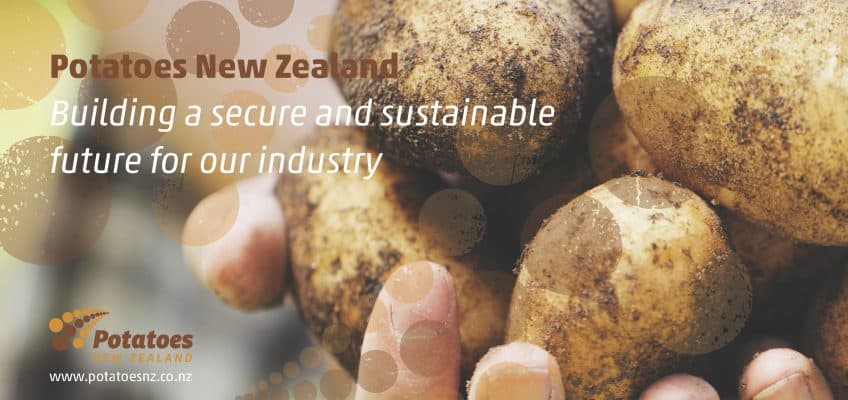2022 has seen the pressures on our industry remain, despite the pandemic disruption abating.
NZ potato growers across the country have continued to navigate Regional Plan Changes, restrictive government policies, ongoing pest challenges, weather events and rising costs of production.
Through it all growers have continued to deliver to our markets the best NZ potatoes and produce the best NZ potato products.
The data from 2021, presented in our Annual Report, shows minimal impact after a rough couple of years. The overall value of the industry, including the domestic and export markets dropped slightly to $1.095 billion.
The domestic market dropped slightly from $1,054,857 to $993,447 in value.
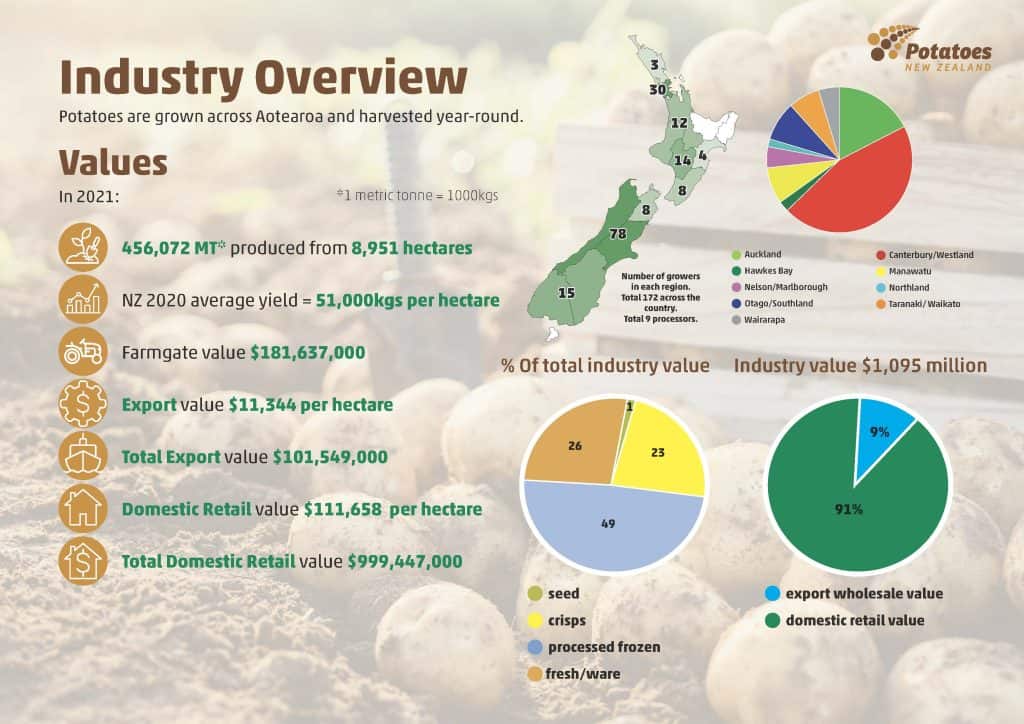
The sustainability challenges for our industry include; how to remain viable during the roll-out of government policies; adapting to climatic changes; mitigating impacts from extreme weather events; managing pests and disease; all whilst maintaining economic vigour.
Most farmers are aware of the challenges on their own farms, as we’ve heard at the PNZ grower insight meetings held this year. We visited Pukekohe, Canterbury and Palmerston North throughout the year, to ensure we stayed abreast of current challenges and heard directly from our potato growers.
Although the pandemic resulted in a cancelled biennial conference, we continued stakeholder engagement, with smaller regional events to update industry on our activities.
The solutions to industry challenges are being sought in our research and development programme.
The NZ Potato Growers’ Levy is only spent on research, development, and extension (RD&E) activities, as directed by growers at the time of the last levy vote in 2019.
In the last year $1.9 million was spent on RD&E.
There are currently 7 projects on the go.
Pest and Disease Initiatives
PNZ-84 Canterbury Potato Liberibacter Initiative (CPLI)
PNZ-84 CPLI-1 Contact resistance
PNZ-84 CPLI-2 Systemic Resistance
PNZ-84 CPLI-3 Biological control Post Doc
PNZ-84 CPLI-4 Systemic acquired resistance
PNZ-84 CPLI- 5 TPP Lure Masters
PNZ-84 CPLI-6 Calcium propionate
PNZ-84 CPLI-7 Border plantings
PNZ-84 CPLI-8 Bioassay
PNZ-84 CPLI-9 Spray Technology Review
Potato Tuber Moth Programme
PNZ-82 Potato Tuber Moth phase 1
PNZ-90 Potato Tuber Moth Project phase 2
PNZ-92 Potato Tuber Moth Trapping Programme
Environmental Sustainability
PNZ-79 Sustainable Vegetable Systems Programme
PNZ-91 Crop residues
Standalone Projects
PNZ-28 Potato Breeding Programme
PNZ-78 Agchem Strategy
PNZ-80 Powdery Scab
PNZ-89 Gross Margins Project
PNZ-81 Fiji Quality
Our 2 biggest programmes, CPLI & SVS, address both sustainable quality and environmental sustainability.
The new CPLI programme launched in November 2021 extends on the previous work of Plant and Food Research Institute’s psyllid projects and is led by the newly formed Canterbury Psyllid Liberibacter Initiative (CPLI). CPLI is a collective of like-minded farmers and industry representatives wanting to combat the devastating impact of the Liberibacter (Lso) bacterium which causes Zebra-chip in potato crops.
CPLI is funded with a special Canterbury grower/processor levy and in-kind support from Potatoes New Zealand.
Research from the programme will be shared with the whole of industry.
The work is being undertaken both at Plant and Food Research (PFR) and by Lincoln University Masters students, on growers’ properties. This all builds on the previous projects which examined spray programme, day degree monitoring and psyllid behavioural research.
You can read more about CPLI here https://potatoesnz.co.nz/rd-project/canterbury-psyllid-liberibacter-initiative/
The Sustainable Vegetable Systems Programme is in its third year and is making great progress towards improving tools and guidelines for the New Zealand vegetable sector’s nitrogen management.
SVS is funded by Ministry for Primary Industries, led and co-funded by Potatoes New Zealand in collaboration with the Vegetable Research & Innovation Board and Horticulture NZ.
SVS is a $7.5 million-dollar national project, spread over 4 years and has multiple workstreams.
The programme outputs include providing analysed trial results and subsequent modelling of the vegetable nitrogen system. This is presented as nitrogen budgets. Plant and Food Research Institute are conducting the field, laboratory and modelling research. Trials and monitoring take place both at PFR and on growers’ properties.
There has been significant social science conducted by Plant and Food Research Institute and FOLKL, to ascertain the level of problem recognition within the industry and to engage growers in collaborative tool development.
Overall SVS programme aims
- To maintain vegetable and potato industries’ social license to operate.
- To protect the ability to grow, process and sell, while meeting environmental standards.
- To ensure industry access to land, water and nutrients through national, regional and farm programmes in order to achieve industry growth.
SVS overview and activities videos are short and sweet and can be viewed on the Potatoes New Zealand YouTube channel here.
The Potato Tuber Moth programme is also underway, with Phase 1 completed and trapping managed by Daniel Sutton of Fruitfed in the Franklin district and weekly reports texted to local growers and available on our website https://potatoesnz.co.nz/research-and-development/ptm-reports/
Potatoes NZ and Vegetables NZ have made a joint submission to the government on He Waka Eke Noa and the emissions tax/levy proposal. It is a PNZ policy that we leave policy activities to the Horticulture NZ team, unless directed by our growers to develop our own industry specific submission. In this case we were given a strong mandate by growers to represent the interests of potatoes and the vegetable sector.
Being in service to the NZ potato industry is the driving force behind our work at Potatoes NZ Inc.
Our draft 2023 Strategy and Plan will be presented to the board in November and signed off in February. We encourage levy payers to contact our team or the board with any input on our direction.
We will be engaging with growers in the curation of the 2023 conference programme, to ensure we deliver a useful event and excellent social occasion.
We wish all our growers, processors, agronomists and the wider industry a Merry Christmas and a very Happy New Year!
